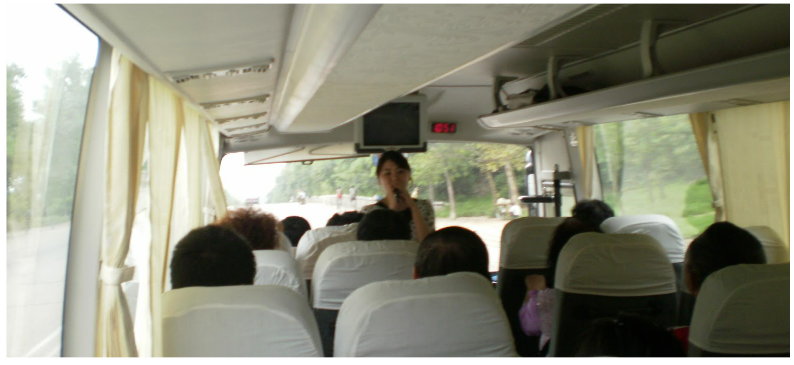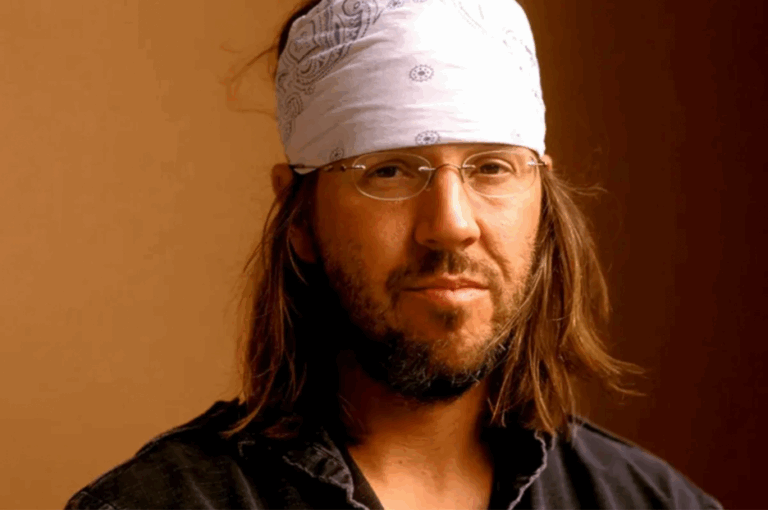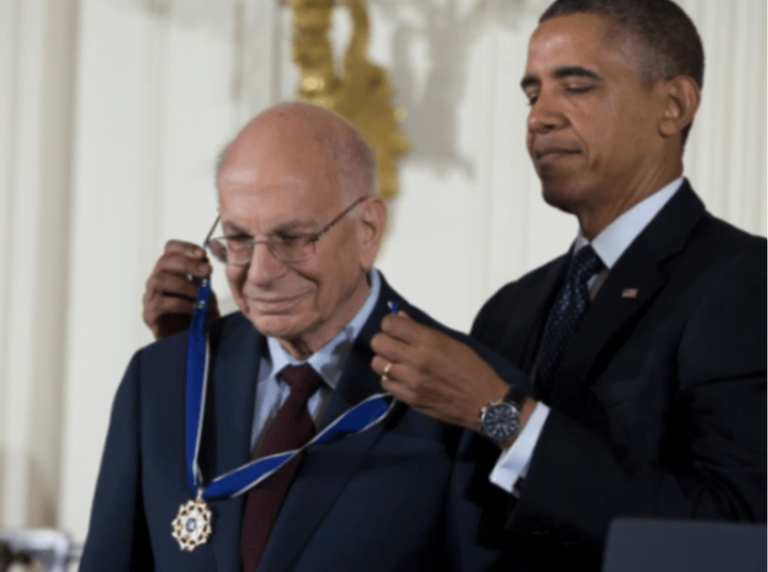Talking Big Ideas.
“It is impossible to be a maverick or a true original
if you’re too well behaved and don’t want to break the rules.”
~ Arnold Schwarzenegger
This week’s guest columnist is Weifeng Zhong. He’s a brilliant scholar and an absolute delight to be around.
Weifeng is a member of our Indistractable group and an example of the Secret to Success: he practices harder than most people – and achieves excellence as a result.
Subscribe to Weifeng’s newsletter here.
***
I grew up in China during its era of rapid market reforms, which the country’s ideologues termed “socialism with Chinese characteristics.”
Back then everything in China was about hustling, even if that meant breaking a rule or two. In fact, China’s economic reforms started in 1978 when starved villagers in a collective farm broke the rule of socialism and started to farm their own plots of land to survive.
So I always wondered what true socialism was like. That is, socialism without Chinese characteristics—say, in North Korea.
One day in 2010, I brought up my curiosity about life in a truly socialist country for the umpteenth time. My dad, who had lived in pre-reform China, knew socialism too well to want to experience it again. He suggested: “Why don’t you join a North Korea tour and see for yourself?”
That’s a great idea, I thought.
This mysterious, backward country always welcomed the Chinese, and a week-long, all-inclusive vacation there only cost the equivalent of about $500. I was a graduate student at Northwestern University with a decent stipend at the time, and five Benjamins sounded rather reasonable.
True that North Korean authorities sometimes detained visitors from the West without reason. Even as a Chinese national, I didn’t want to end up in North Korean prison.
But chances were good that I would make it back in one piece. So off I went without thinking twice.
Sometimes you just have to risk it.
As soon as my group landed at the Pyongyang airport, we were greeted by a designated tour guide with a serious look on her face. She’s clearly a spy—and not a very good one at that, I thought.
She announced right out of the gate: “No photos during the tour unless I tell you otherwise!”
What I heard was: “Good stuff is coming up. Get your camera ready!”
She took us to a tour bus, which would take us around throughout the week-long trip. During the ride, the tour “guide” specifically instructed us not to take pictures. And photographing North Korean soldiers was strictly prohibited.
So, obviously, I sat in the back of the bus and quietly took tons of photos, including those of North Korean soldiers. In case you are wondering, the soldiers were not in very good shape. (If you’re interested in what else I saw, please ask Bob to invite me to guest-column again.)
I had fun playing spy all week and was pumped about my secret treasure trove. That is, until I was back at the Pyongyang airport for my return flight.
Nicely “accompanying” the tour group all the way up to the security checkpoint, the “guide” said casually, as if she were asking for our tickets: “Please hand in your cameras so we can inspect the photos.”
What do I do with the two SD cards full of photos I wasn’t supposed to take?
I thought about the famous photographer Jeff Widener, who took the iconic photo of the Tiananmen Square “tank man” blocking a column of tanks as the Chinese military brutally cracked down on the 1989 protesters. Widener, facing a security checkpoint when leaving his hotel, gave the film to an innocent-looking American student, who smuggled it out in his underwear.
I looked innocent too. But I wore boxer briefs.
Sometimes you just have to risk it.
So I hid the SD cards inside my shoes and walked through the scanner, barely lifting my feet. I gave a sigh of relief when I didn’t hear a beep. (Their scanners were not in very good shape either.)
Was I out of my mind doing something like that? Perhaps. But this was in 2010, before American student Otto Warmbier’s high-profile arrest in 2016 at the Pyongyang airport for allegedly stealing a propaganda poster from his hotel.
And, more importantly, I grew up during that time in China when survival meant you had to be enterprising and boundary-busting. Nothing would happen if you didn’t take risks, so I got used to watching my six and twelve and everything in between.
If nothing else, I would still end up with a good story to tell.
United States
I moved to the Washington, DC area in 2015 to pursue a career in policy research. I’m now a senior research fellow at the Mercatus Center at George Mason University.
I follow the same principle of taking risks and enjoying the journey in the public speaking bootcamp Bob helps run at Mercatus. Nothing happens if we “just give a talk,” he tells us. So I get out of my comfort zone and talk about my personal experiences.
Sometimes you just have to risk it.
I told this story about my trip to North Korea at our recent public speaking contest, and it won me a shiny trophy. The checkpoint scare was totally worth it.
Weeks after I got out of Pyongyang, I visited a US consulate to get my visa to return to the United States. The officer noticed the North Korea visa stamp in my passport and looked a bit perplexed. “You went to North Korea?” he asked, staring at me.
Let’s have some fun with this, I thought. So I risked it again.
I nodded. “It’s quite interesting. You should go sometime,” I told him, as if I were recommending a Chinese restaurant.
He looked visibly terrified by my remark. “Oh no, we’re not allowed to travel to North Korea!”
“I know,” I said smiling. “I was just kidding.”
Surely the officer could have denied my visa because of my mischievous joke—luckily he didn’t—but seeing the shock on his face made the scare totally worth it.
Years later, my North Korea trip would teach me an important lesson about espionage.
Clandestine operations—the professional equivalent to my little spy play—may be exciting, but as a way of collecting intelligence, they are increasingly behind the times. What’s badly needed instead is gathering intelligence using publicly available data.
I will continue with the story about my North Korea trip and what it taught me about intelligence in my personal newsletter Wei To Think Again. Sign up to stay in the loop!
***
![]() IDEA
IDEA
Sometimes you just have to risk it.
If not for a 2017 US travel ban that prohibits US citizens from doing so, I would recommend traveling to North Korea.
But short of that, let’s start small. Next time you’re in uncharted territory, such as giving a speech on a new topic, think about the possibilities for adventure. Then, risk it.
After having risked it and given your speech, think about how you felt and what you have learned. Ask your audience how they felt and what they have learned. Then, make it an even better experience next time.
***
Cheers,
Weifeng
If you find this useful, please subscribe to our free weekly newsletter.
If you’d like to read more from Weifeng, subscribe to his newsletter here: https://weitothinkagain.substack.com/




